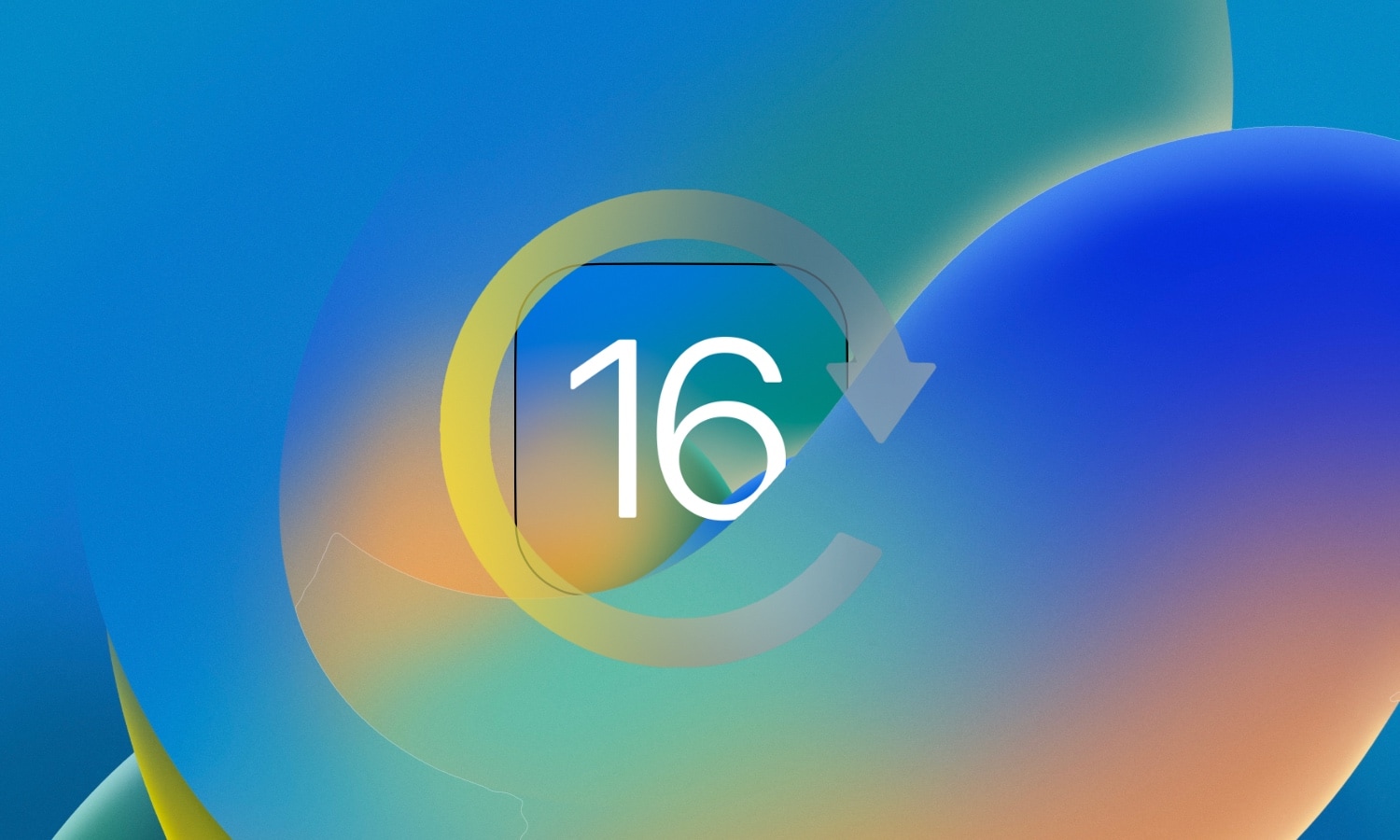Apple is no longer signing iOS or iPadOS 16.1.2 as of Tuesday evening, a move that could’ve been predicted by almost anybody given that it’s been around a week since the company released the newer iOS & iPadOS 16.2 software update to the general public.

By making this move, Apple effectively blocks iPhone and iPad users from voluntarily installing an older firmware on their device. Instead, Finder on macOS and iTunes on Windows will throw an error if you try to install an older firmware. The software will advise the user to update to iOS or iPadOS 16.2 instead.
Less traditional means of installing older firmware on an iPhone or iPad do exist, such as using DelayOTA to upgrade to an unsigned firmware if it was unsigned fewer than 90 days ago, or using the FutureRestore program to downgrade your handset’s firmware. Both methods have their own unique caveats, however each one seems to work just fine for many.
Downgrading is typically associated with the jailbreak community because prospective jailbreakers want to run the lowest possible firmware to increase their odds of being on a jailbreakable firmware. Newer firmware tends to have more security patches, so older firmware leaves more holes for jailbreak developers to peck at.
Jailbreaking aside, many non-jailbreakers also use firmware downgrading for legitimate purposes. The one-week window that Apple traditionally provides allows for iPhone and iPad users one last chance to downgrade in case of rare instances where a software update may break something or introduce substantial bugs. Historical examples of this include the following:
- iOS 16.0 over-prompting users on clipboard access when pasting copied content into another app
- iOS 14.7 breaking the Apple Watch’s ability to be unlocked with the host iPhone’s Touch ID sensor
- iOS & iPadOS 13.2 imposing incredibly aggressive background management on backgrounded apps
iDB has long advocated for users to have the right to install any firmware version they want on their iPhone or iPad, however Apple sees things differently. By corralling users toward the firmware the company wants them to be on, it can inflate adoption numbers that please shareholders and feel more confident that users are protected by the latest bug fixes and security patches all while using the latest features.
Lately, Apple has been working to stagger new features across software updates over time rather than all bundled into the major annual release. This seems to be a strategy on Apple’s part to make software updates seem more appealing and may also play into the circumstances discussed in the paragraph above.
If you’re ever interested, then you can find out what firmware is being signed for your iPhone or iPad by using the popular IPSW.me website. You can also use our Downloads page if you ever need to download the actual firmware file for any specific reason.
Are you upset to see that iOS & iPaDOS 16.1.2 are no longer being signed? Let us know in the comments section down below.